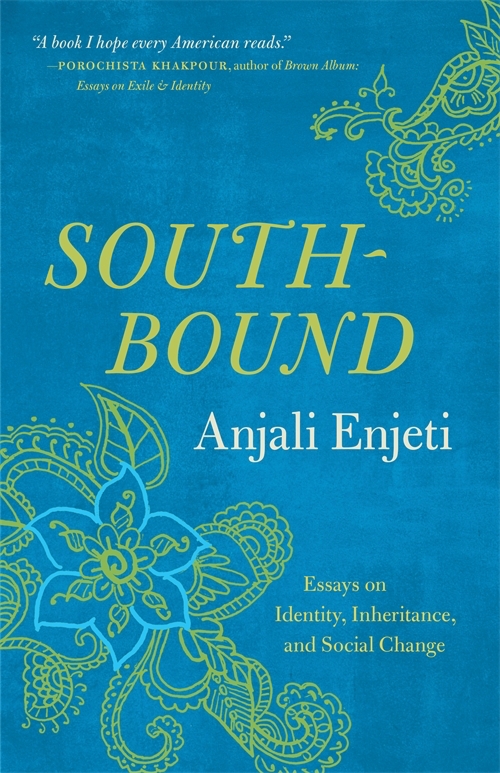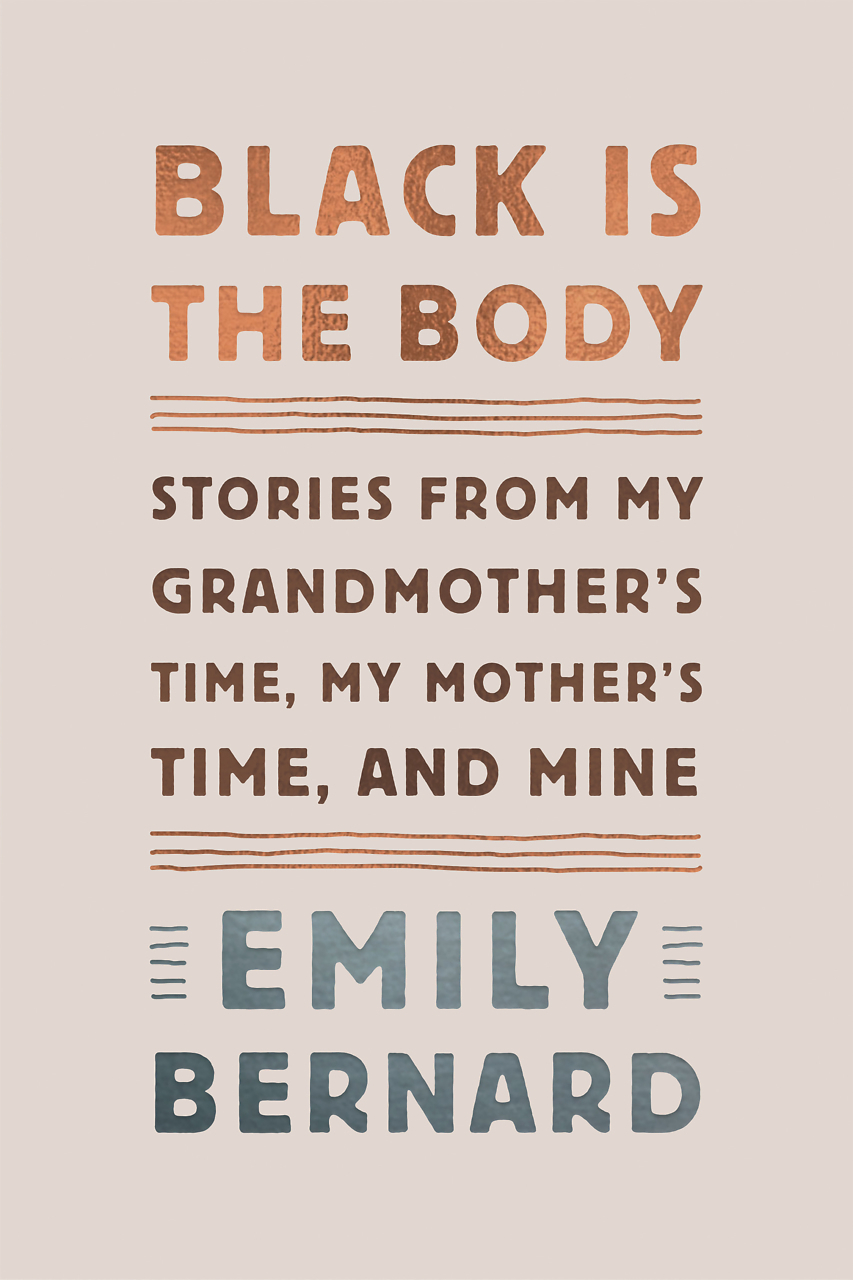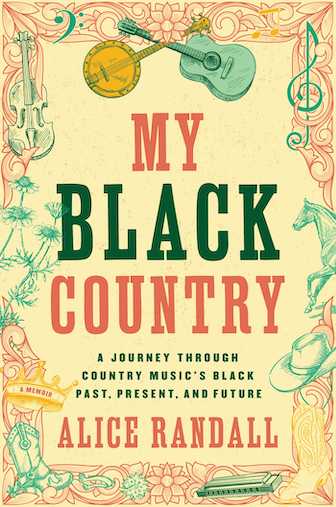What Power Has Love
The poems in Marilyn Kallet’s new collection embrace the human struggle to reconcile the animal and the divine
How Our Bodies Learned, the latest book by poet Marilyn Kallet, is a sensual and spiritual collection of poems that explore the paradox of love—how it is both humanity’s problem and salvation. With humor, candor, and empathy, Kallet guides readers through her own struggle to divine what love is and what it isn’t, weaving her contemporary experiences and insights with the wisdom of beloved poets who at different times throughout history pored over the same dilemma. She opens the book with an epigraph from William Carlos Williams: “What power has love / but forgiveness,” a powerful ideal she visits again and again, casting hope and consolation on a pursuit that can be painful and seemingly endless.
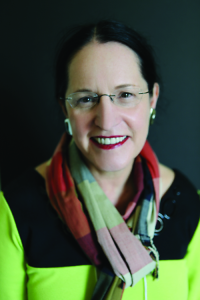
The poems in this book traverse many bodies—the human body, the body politic, Kallet’s own body of work. In approach, they encompass odes, elegies, and topical poems. They meditate on the full gamut of love, including the sexual, the familial, the professional, and the just-not-possible. There are also poems about environmental travesty, gun violence, terrorism, and political turbulence. The toggling between personal and collective events can be dizzying, but it makes for a rich and insightful illustration of the way misdirected love and devotion can rupture the precarious ecology of the individual and the collective.
Many of the poems in How Our Bodies Learned grapple with a love that cannot be consummated—a condition Kallet calls “love without a body.” In the standout poem, “Ode to Solitude,” she writes:
Teach me how to be
More human
Without.
Lend me a new word
That means ghost-of-love.
I am enough,
And not enough
Teach me
To love absence,
The idea of him
More than
The man.
The lines are brief and breathless, conveying both the urgency of desire and the strain to transcend desire.
Other poems consider the dual nature of human beings. We are animal and divine, flesh and spirit, for Kallet “a clumsy hybrid between / earth and ailleurs (trans: elsewhere).” She uses this duality to powerful effect in what might be the most memorable piece in the collection, “Before After (Auvillar, November 5).” The poem reflects on the 2015 Paris attacks and reckons with the profound darkness that human beings are capable of bringing into the world:
What we have denied
to love
turns
wolf at the rim.
Too-human
monster.
The wolf inside.
How do we respond? An answer might be found in a line from Paul Eluard’s poem, “I Love You,” which echoes throughout the collection: “I love you to love.” Hate begets hate. But love begets love.
How Our Bodies Learned asks crucial questions about the nature of love and urges us to stay emotionally engaged with our fraught world. It points to the truth that our lives are always confronting us, and though pain is inevitable, we have the power to keep it from stripping away our humanity. In “Big Love,” Kallet writes,
No love is wasted,
they say. Spurned love
enriches our soil.
Let us cut back
dead stalks.
All experiences have the power to teach us how to be more human, more loving. There’s also, always, poetry—a space where we confront ourselves, recognize our potential, and envision solutions to our problems. “I toss words / like coins / into a fountain,” Kallet writes in “Failed Ode to Absence.” “Maybe a curious child / will find one, / warm it / in his hands.” We learn from experience—both real and imagined—and How Our Bodies Learned shows readers how to face themselves and the world with honesty, courage, and love.
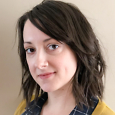 Melinda Baker is a freelance writer, writing instructor, and aspiring naturalist. She is the visual arts writer for The Tennessean and lives in Nashville.
Melinda Baker is a freelance writer, writing instructor, and aspiring naturalist. She is the visual arts writer for The Tennessean and lives in Nashville.
